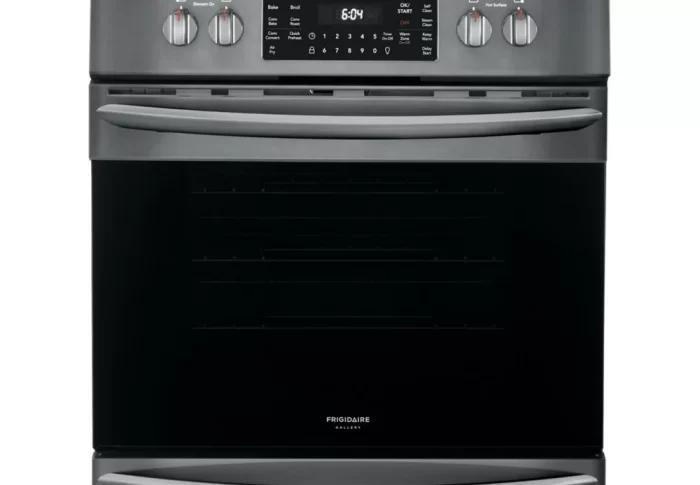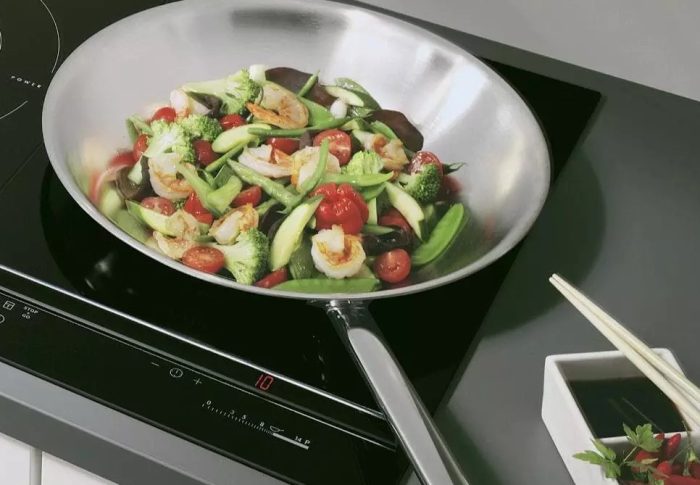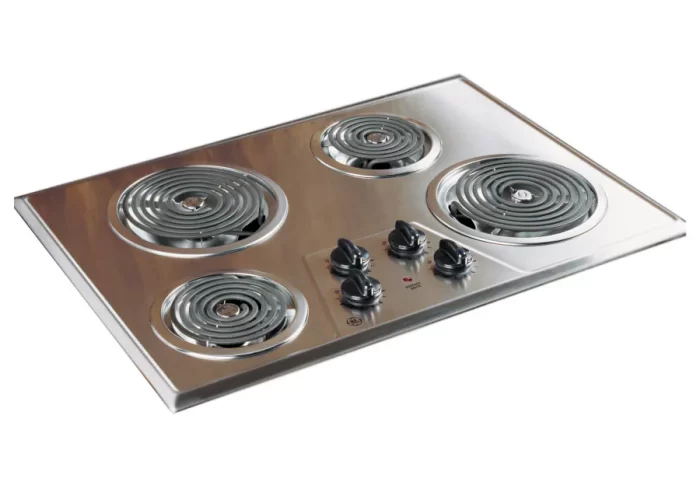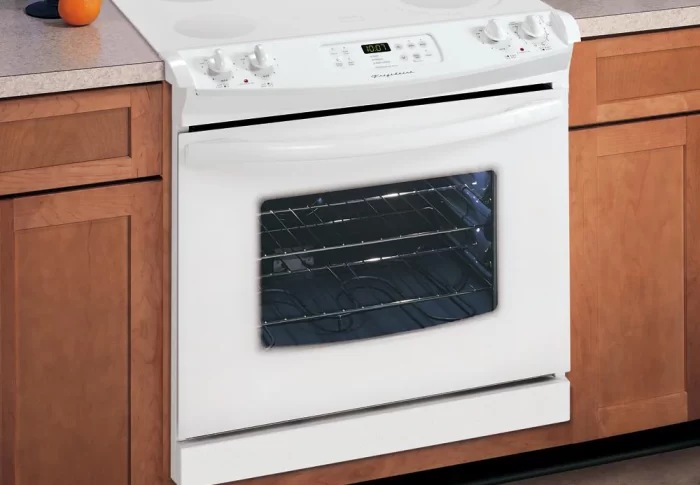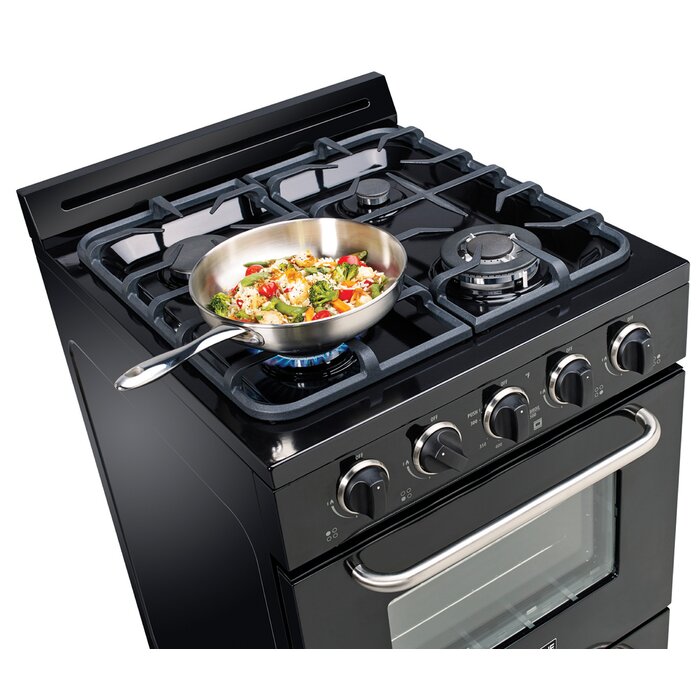
Electric vs Gas Stove: A Ultimate Comparison for Home Cooks
The Health Hazards of Gas Stove Pollution
The use of gas stoves can harm our health significantly. Studies have found alarming links between gas stove pollution and several health issues, specifically respiratory problems in children. Notably, the pollution continues even when stoves are not in use, posing an ongoing risk.
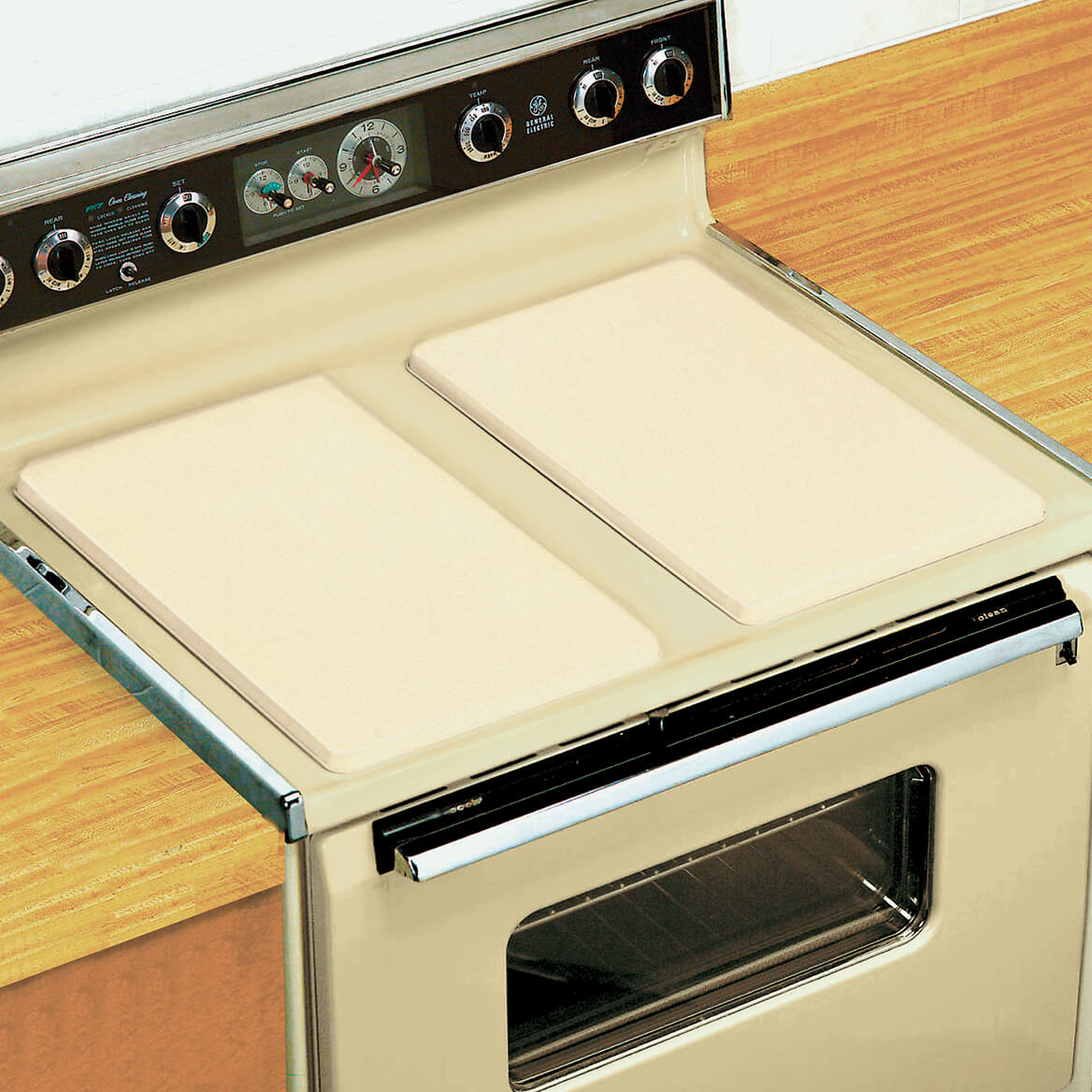
The Link Between Gas Stoves and Childhood Asthma
Recent research highlights a worrying connection between gas stoves and childhood asthma. The study mentioned revealed that one in eight childhood asthma cases might stem from gas stove pollution. These findings align with other evidence suggesting that indoor air pollution from gas stoves can be as harmful as living in a house with a smoker.
Continual Pollution even when Gas Stoves are Not in Use
Gas stoves release harmful pollutants like methane not only during use but also when they’re off. This means that even when not cooking, your home’s air quality could be compromised. Such pollutants contribute to both indoor air quality issues and broader environmental concerns like climate change.
The Environmental Impact of Gas Stove Emissions
The harm from gas stoves extends beyond health. They affect our planet too.
Methane Emissions and Climate Change
Gas stoves emit methane, a potent greenhouse gas, even when off. Methane has a significant impact on climate change. It traps heat in the atmosphere, contributing to global warming. The shift to electric stoves could reduce methane emissions. This would aid in the fight against climate change.
The Benefits of Switching to Electric Cooking
Making the switch to electric cooking can bring numerous benefits to both your health and comfort in the kitchen. Let’s explore some of the significant advantages.
Improved Air Quality and Health
Moving to an electric stove can significantly improve the air quality in your home. Electric stoves don’t release the dangerous pollutants that gas stoves do. This means cleaner air and a lower risk of respiratory issues like asthma. Also, without harmful pollutants like methane and nitrogen dioxide, electric stoves are a healthier choice for cooking indoors.
A Cooler, More Comfortable Kitchen Environment
Electric stoves contribute to a cooler kitchen. They emit less heat into the room compared to gas stoves. This results in a more comfortable environment, especially during hot weather. Chefs and home cooks alike can enjoy a less stressful and sweltering kitchen experience.
Maintenance and Cleaning Advantages
Electric stoves come with fewer maintenance issues. They are easier to clean because they have flat surfaces without difficult-to-reach nooks. They also lack open flames, which means less burnt-on residue. Overall, electric stoves can save time and effort in kitchen cleanup.
The Case for Induction Cooking Technology
As we look for alternatives to gas stoves, induction cooking technology stands out for its benefits.
Efficiency and Speed in Cooking
Induction cooktops heat up incredibly fast, making cooking times shorter. They use a magnetic field to directly heat pots and pans, which saves energy and speeds up the cooking process. For example, water can boil in just minutes. This means meals get to the table quicker—a clear advantage over traditional gas stoves.
The Benefit of Precision and Control
For those who love to cook, control is key. Induction stovetops offer exact temperature control, giving chefs the ability to cook with precision. Adjusting the heat is instant, reducing the chance of overcooking or burning food. Induction cooktops also allow for a more stable cooking temperature, which is perfect for delicate dishes that require a consistent heat level.
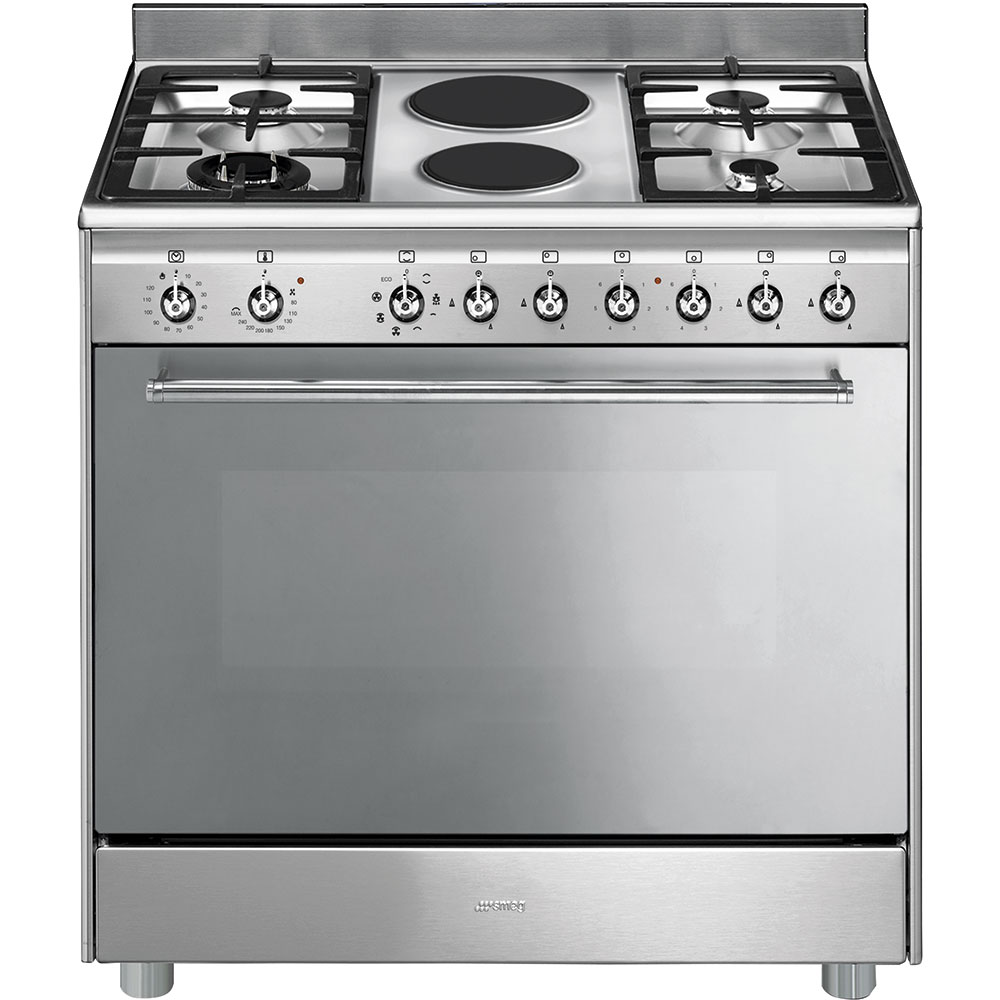 Professional Chefs Endorsing Electric Solutions
Professional Chefs Endorsing Electric Solutions
Today’s kitchens are embracing electric cooking methods. Leading chefs are swapping gas stoves for electricity. They find electric options like induction cooking not just eco-friendly but also superior.
Jon Kung’s Experience with Induction Wok Cooking
Jon Kung, a chef and TikTok sensation, praises induction cooking. He says it offers quicker, cleaner, and more powerful cooking compared to gas. His induction wok heats fast and mirrors an authentic wok cooking experience. Despite a learning curve, Kung sees induction as a safer, healthier choice.
Christopher Galarza’s Focus on Sustainability in Kitchens
Chef Christopher Galarza champions electric cooking for its environmental and health benefits. After leading an all-electric kitchen, he reported a cooler, less stressful work environment. Electric stoves, easier to clean and as cost-effective as gas, offer a direct route to sustainability in professional kitchens.
Tu David Phu’s Insights on Electrification and Cooking Precision
Tu David Phu, a celebrated chef, values induction for precision cooking. He finds electric stoves ideal for a controlled, efficient searing of meats. Phu is committed to the electrification movement, emphasizing its importance for communities at risk from pollution. He sees electric cooking as an equity and survival issue.
Overcoming the Cultural Resistance Towards Electric Stoves
Changing deep-rooted cultural cooking methods is challenging. Many people hold a strong attachment to gas stoves due to traditional cooking practices. There’s a sense that the authenticity of certain dishes relies on gas heat. However, health and environmental concerns push for a transition to electric stoves. The switch raises questions of how we can preserve culinary heritage while still advancing our environmental and health goals.
Adapting Culinary Practices for Health and Environment
Chefs around the world are adapting recipes for electric stoves. This allows them to maintain tradition without compromising health. Using electric or induction cooking doesn’t mean that dishes lose their authenticity. It means chefs find new, innovative ways to create classic flavors. Cooks at home can also learn to adjust heat settings and use cookware suitable for electric stoves. These practices contribute to an eco-friendlier and healthier kitchen environment. Balancing tradition with electric stoves is possible. It just requires openness to change and a focus on the larger benefits for health and the planet.
Policies and Rebates to Facilitate the Switch
While the benefits of electric cooking are clear, making the switch from gas to electric stoves can seem daunting. However, certain policies and rebates are helping to ease this transition for consumers and cities alike.
Proactive Steps by Cities and Rebates for Electric Stove Adoption
Cities across the country are taking action to curb the use of gas stoves. For instance, Berkeley, New York, and San Francisco are banning new gas hookups. These steps highlight a commitment to healthier environments and a more sustainable future.
Policies are not enough. Rebates also play a crucial role. They make electric stoves more affordable. Programs like those in the Inflation Reduction Act provide substantial rebates. Eligible households can get up to $840 towards electric stove purchases. This financial support can make a significant difference.
Some states have pre-emptive laws that prevent cities from banning gas stoves. Yet, the incentives for switching to electric cooking methods are strong. The rebates serve a dual purpose. They encourage the adoption of electric stoves and promote awareness of their benefits.
Overall, these policies and rebates are crucial in the fight against pollution and climate change. They support the move towards cleaner, safer, and more efficient cooking methods in our kitchens.
 Conclusion: Making Your Choice
Conclusion: Making Your Choice
In the end, the choice between electric vs gas stove comes down to your cooking style, budget, and personal preferences. Gas stoves offer quick heating and precise control, making them ideal for those who prioritize versatility in cooking. Meanwhile, electric stoves shine in their ease of use and low maintenance requirements, catering well to modern kitchens. Moreover, given their potential for using renewable energy sources, electric stoves are an increasingly sustainable option.
Ultimately, evaluating your cooking habits, safety concerns, and environmental values will guide you to the stove that best fits your lifestyle. Whether you settle on the dynamic heat of gas or the precision of electric, both options offer unique advantages that can enhance your culinary adventures in the kitchen.

